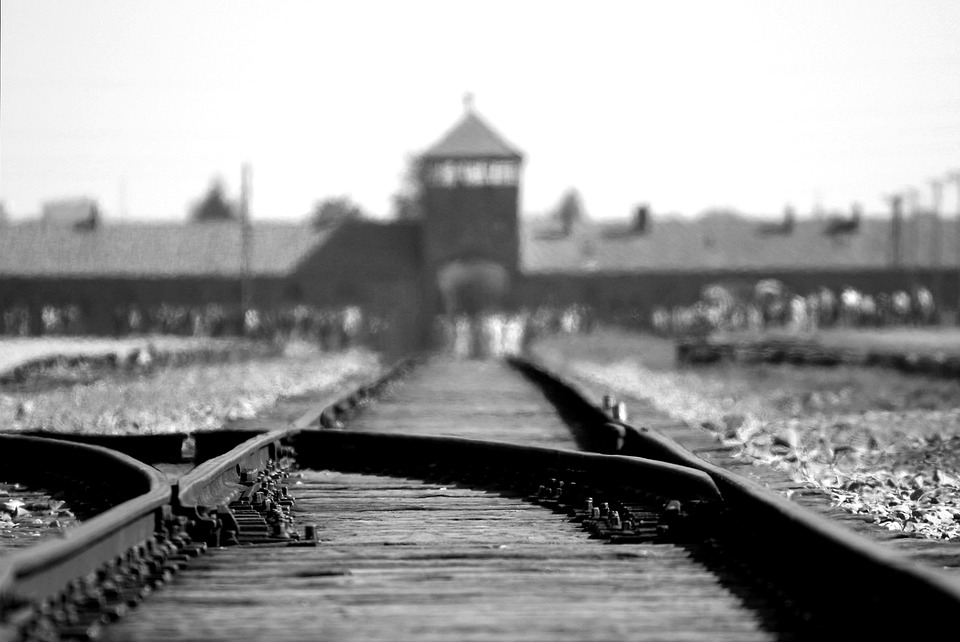Refugee Children Movement
Introduction
The film Into the Arms of Strangers by Harris is a documentary featuring the emotional lives and the journey of the survivors of Nazism rescued by Kindertransport. It is a true revelation of the events that caused thousands of innocent children to be given away by their parents. The event was very agonising to their parents as they were almost certain they would never unite again with their children. The destination that those trains departing from Germany, Austria, and Czechoslovakia were heading was unknown. Both the parents and children had no idea what was awaiting the children across those borders into Britain, but all they knew was that it was the best decision for the safety of their children (KTA, 1).
The Discrimination of Jews in Germany
“In 1919, when Adolf Hitler joined what could become known as Nazi Party (short for the National Socialist German Workers’ Party), it was a little-known fringe group of right-wing extremists” (Chamberlin & Skidmore, 8). Soon after Adolf Hitler rose to power between 1933 and 1938, his Nazi government amended the law in discrimination towards Jews (KTA, 1). In 25 April 1933, Hitler passed the law that limited the number of Jews that could receive a high school education. After two years in 15 September 1935, The Nuremberg Laws was put into effect. This would officially simplify Nazism ideologies. The laws encouraged antisemitism justifying their rights with scientific racism. The laws clearly declared that Jews have no citizenship rights in Germany and therefore they cannot raise the German flag. Also, Jews were not allowed to marry non-Jewish Germans or employee Germans younger than 45 years of age to work for them (Barry). They would also be identified according to their origin but not their adopted lifestyles. The quest to oppress and discriminate Jews saw rise of many other laws during 1938. All Jews younger than 15 years had to be identified with by a card declaring that they were Jews, and newborn Jewish babies would only be named after Government authorization. Later in 1938, Jews were held accountable to the property damage and loss of life caused during the night Kristallnacht took place (Chamberlin & Skidmore, 8). They were summoned to pay a hefty fine and two days after, their children were prohibited from attending public schools and universities but could attend Jewish schools (Chamberlin & Skidmore, 8). Jews civil rights were completely withdrawn and they could not benefit from Germany.
The Life of Jews in Germany
The History of Jews habiting in Germany goes back hundred of years, before the rise of Nazism. In the 1920s there were around 600,000 Jews living in Germany (Victor, 1) and that population was far less than one percent of the entire population (Chamberlin & Skidmore, 9). In other parts of Europe Jews were considered to belong to the society despite legal discrimination. They were highly oppressed and limited in their trading rights. Later those years reforms acted on the favour of Jews, as empires needed capital to run projects and they had the money. Germany seemed favourable to them and they opted to migrate to the East. In 1870 they became subordinate to the German society and their civil and political restrictions were removed. Therefore between 1871 and 1914 Jews living in Germany had the right to voice their opinions. However, they were limited to the ranks they could attain in the army (Victor, 1). After the end of the First World War, Jewish Soldiers who fought in the war were among the most honoured soldiers. Unfortunately, the Jews never stopped suffering from discrimination and attacks. For many of them this ordeal was so real and obvious to an extent that they would easily predict it. In neighbouring Poland, millions of Jews were suffering from antisemitism and they opted to migrate, including those in Germany during the earlier years of the Nazi Regime (Chamberlin & Skidmore, 10).
The Reasons for Migration
The Nazi Holocaust ideology was to make lifestyle so uncomfortable for the German Jews forcing them to migrate to other countries at their own will (Camberlin & Skidmore,10). Also the thirst for eradication of non- Germans saw Hitler’s regime extend their vengeance to other races and cultures, such as gypsies and homosexuals. The Kinders, a group of survivors rescued by Kindertansport (KTA, 6), were obviously very young and naïve and did not know the implication of the laws set by Hitler against them (Camberlin & Skidmore, 9). Not only did Hitler make hush laws during the Nuremberg ceremony, but his government allowed and supported violence directed towards the Jews. The oppression was so brutal and cruel that even to those Jews that found it a common act of discrimination opted to migrate. However, escape was not presented on a silver platter. Their Human rights were long abolished and they had no rights to voice their opinions. Due to their owed debt, Hitler made sure no one left the country with any valuables. Some Jews were very reluctant to leave behind their wealth and start a new life without anything in foreign countries. Others felt that they belonged in Germany and they would try as hard as they could to claim their rights back (Camberlin & Skidmore, 10). However, those that did faced the challenge of delayed visas. By July 1938, many Jews migrating from Germany were seeking refuge in other countries. Their number was overwhelming and hard to ignore as many countries refused to take on immigrants…

Leave a Reply